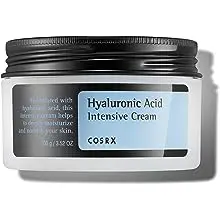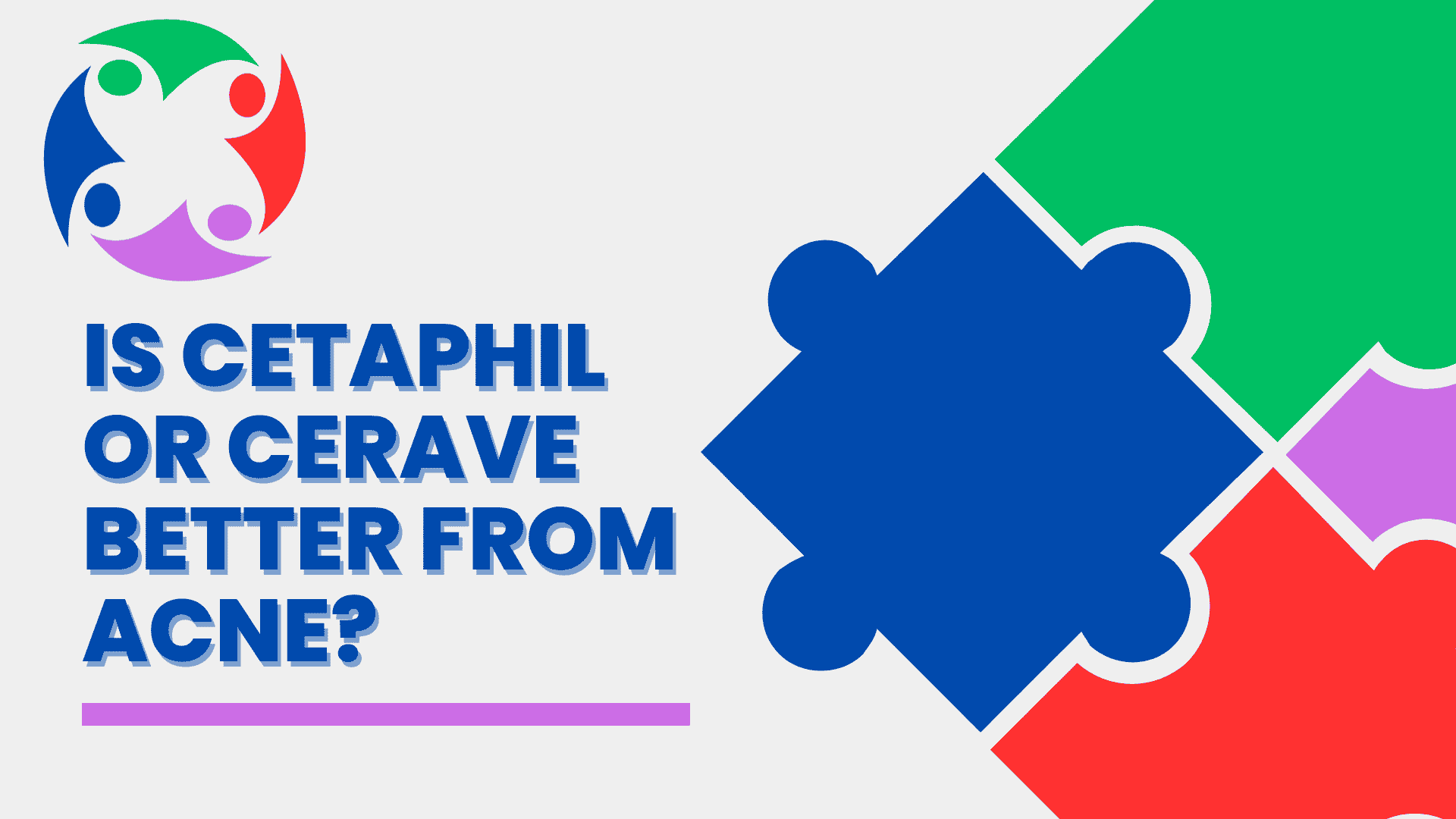CeraVe and Cetaphil are both popular brands that offer skincare products, including cleansers. While individual preferences and skin types vary, here are some general points of comparison between CeraVe and Cetaphil cleansers:
CeraVe Cleansers:
Ceramides: CeraVe products often contain ceramides, which are lipid molecules that help to restore and maintain the skin’s natural barrier. Those with sensitive or dry skin may benefit from this.
Hyaluronic Acid: Some CeraVe cleansers also include hyaluronic acid, a hydrating ingredient that helps retain moisture in the skin.
Foaming and Hydrating Options: CeraVe offers both foaming and hydrating cleansers, providing options for different skin types. The foaming cleanser may be preferred for those with oily or acne-prone skin, while the hydrating cleanser may be more suitable for those with dry or sensitive skin.
Non-comedogenic: CeraVe cleansers are typically non-comedogenic, meaning they are less likely to clog pores and contribute to acne.
Cetaphil Cleansers:
Gentleness: Cetaphil cleansers are known for their gentle formulations, making them suitable for individuals with sensitive skin.
Mild Formulas: Cetaphil cleansers are often recommended by dermatologists for their mild formulas, which can be beneficial for those with conditions such as eczema or rosacea.
Non-alkaline pH: Cetaphil cleansers generally have a non-alkaline pH, which helps maintain the skin’s natural pH balance.
Limited Active Ingredients: Cetaphil cleansers typically have fewer active ingredients compared to some other brands, which can be appealing for those with very sensitive or reactive skin.
In summary, both CeraVe and Cetaphil offer cleansers that are well-tolerated by sensitive skin and are suitable for daily use. The choice between the two may depend on your specific skin type, concerns, and personal preferences. It’s essential to consider factors such as whether you prefer a foaming or hydrating cleanser, whether you have specific skin concerns like acne or dryness, and how your skin reacts to different ingredients.
Which is better for dry skin, Cetaphil or Cerave?
Both CeraVe and Cetaphil are popular skincare brands known for their gentle and moisturizing products. The choice between CeraVe and Cetaphil for dry skin can depend on individual preferences and skin reactions. Here are some factors to consider:
Ingredients:
CeraVe: CeraVe products often contain ceramides, hyaluronic acid, and essential fatty acids. Ceramides help to restore the skin’s natural barrier, and hyaluronic acid is a powerful hydrating ingredient.
Cetaphil: Cetaphil products are known for their simplicity. They typically contain fewer ingredients, which can be beneficial for individuals with sensitive skin.
Texture and Feel:
CeraVe: Some people find that CeraVe products may feel slightly thicker or more hydrating on the skin due to the inclusion of ceramides and other moisturizing ingredients.
Cetaphil: Cetaphil products are often lighter in texture and may feel more “basic” on the skin, which can be preferable for those who don’t want a heavy or greasy feel.
Specific Product Lines:
Both brands offer various products, including cleansers, moisturizers, and creams. Within each brand, specific product lines may cater to different skin concerns. For instance, CeraVe’s Moisturizing Cream and Cetaphil’s Moisturizing Cream are both popular choices for dry skin.
Individual Skin Sensitivity:
People with dry skin may have different sensitivities and reactions to specific ingredients. It’s essential to consider how your skin reacts to each product individually.
Dermatologist Recommendations:
See a dermatologist if you have any particular skin issues or problems. They can provide personalized recommendations based on your skin type, concerns, and any potential allergies.
Ultimately, the “better” choice depends on your skin’s specific needs and your personal preferences. Some people may prefer the additional ingredients in CeraVe, while others may appreciate the simplicity of Cetaphil. It’s often a matter of trial and error to find which product works best for your skin.
Cerave pronunciation
“CeraVe” is typically pronounced as “suh-rah-vee.”
CeraVe and Cetaphil are both popular skincare brands that offer a range of moisturizers. While individual preferences and skin types can vary, here are some general comparisons between CeraVe and Cetaphil moisturizers:
CeraVe Moisturizers:
Ceramides: CeraVe products often contain ceramides, which are lipid molecules that help to restore and maintain the skin’s natural barrier. People with sensitive or dry skin may benefit from this.
Hyaluronic Acid: Many CeraVe moisturizers also include hyaluronic acid, a hydrating ingredient that can help the skin retain moisture.
Multi-Vesicular Emulsion (MVE) Technology: Some CeraVe formulations use MVE technology, which provides a slow release of moisturizing ingredients over time, contributing to long-lasting hydration.
Product Range: CeraVe offers a variety of formulations to address different skin concerns, including products specifically designed for dry skin, oily skin, and conditions like eczema.
Cetaphil Moisturizers:
Gentle Formulations: Cetaphil is known for its gentle formulations, making it suitable for individuals with sensitive skin. The products are often fragrance-free and non-comedogenic, reducing the risk of irritation.
Simplicity: Cetaphil moisturizers tend to have simpler ingredient lists, which can be beneficial for those who prefer minimalistic skincare or have allergies to specific ingredients.
Skin Types: Cetaphil moisturizers are often recommended for individuals with normal to sensitive skin, and they are frequently used by people with conditions like rosacea or eczema.
DermaControl Line: Cetaphil has a specific DermaControl line designed for oily or acne-prone skin, offering options for those with different skin concerns.
Choosing Between CeraVe and Cetaphil:
Ultimately, the choice between CeraVe and Cetaphil moisturizers depends on your individual skin type, preferences, and any specific skin concerns you may have. Some people may find that one brand works better for their skin than the other, so it may involve some trial and error to determine which product suits you best.
It’s crucial to remember that different people may react differently to skincare products, and that what works for one person might not work for another. If you have specific skin concerns or conditions, it may be helpful to consult with a dermatologist who can provide personalized recommendations based on your skin’s needs.

good